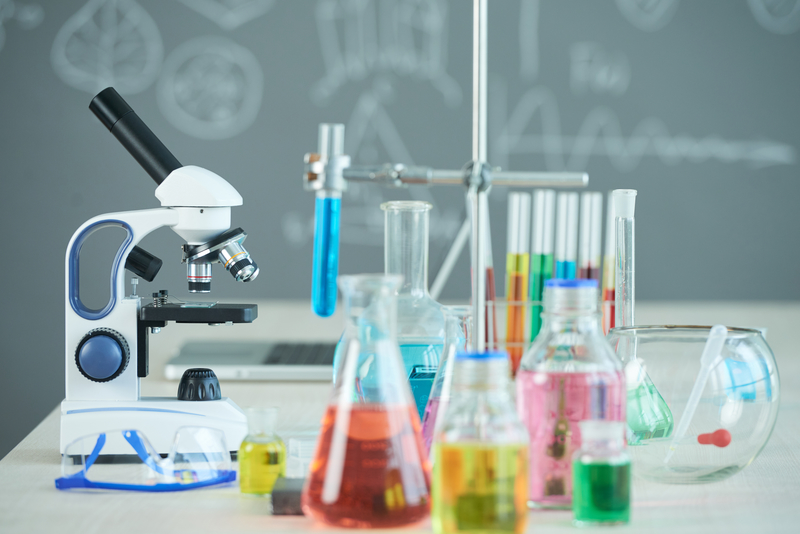Chemistry is a fascinating topic. We all are encircled by chemistry. Everything around us comprises atoms and particles, including our bodies. We can see chemistry in our day-to-day activities, from food creation on farms to cooking in a kitchen, from a bike to a space rocket, and from phones to computers. Steel used in buildings, polymers that make plastic bags, cellular phone batteries, photosynthesis, cleaning agents, garments, dyes and colors, drinks, etc., are some examples of chemistry. JC chemistry tuition classes help us to comprehend the surroundings we observe and experience. Today, chemistry has become a varied topic with lots of fields. Contemporary chemistry can be categorized into the following areas.
Inorganic Chemistry
It is a branch of chemistry that deals with the research of inorganic substances. Inorganic substances are compounds that do not contain carbon-hydrogen bonds. Inorganic compounds, such as rocks and minerals, are mainly located below the planet’s surface area; others are produced in chemical industries. Inorganic chemicals have applications in paint, pigment, coating, fertilizer, surfactant, disinfectant, and solar power markets. The biggest inorganic chemicals generated are sulphuric acid, hydrogen, nitrogen, ammonia, chlorine, phosphorus, pentaoxide, nitric acid, hydrochloric acid, and sodium hydroxide.

Some of the areas in Inorganic chemistry are as follows:
- Coordination Chemistry: It includes the research of coordination complexes. Coordination complexes comprise a center atom, generally a metal surrounded by ligands or complexing agents.
- Organometallic Chemistry: The study of organometallic compounds, consisting of compounds with a metal-carbon-hydrogen bond (organometallic bond). This field is included in both natural and inorganic chemistry.
- Bioinorganic Chemistry covers the interplay of inorganic species like metals in cells and tissues.
- Solid-State Chemistry (or Material Chemistry): It is the research of properties and structures of the solid-state phase. It is a part of Solid-State Physics.
Biochemistry
Biochemistry is the field of scientific research that emphasizes the study of chemical procedures inside the biological system. Biochemistry is a new field compared to the above branches of chemistry. Experts in this field of Chemistry are called biochemists. Biochemistry focuses on the uses of chemistry to better comprehend biological systems like respiration, food digestion, cellular metabolic processes, etc. Biochemists deal with cancer cases to develop better treatments; they also research molecular genes to improve genetics.
The essential areas of study in Biochemistry are as follows:
- Molecular Genetics: It involves the analyses of genetics. It is directly related to genetic modification.
- Agricultural Biochemistry: It concentrates on applying biochemistry to improve farming production.
- Molecular Biochemistry: It deals with the research of macromolecules like healthy proteins, membranes, enzymes, nucleic acids, amino acids, viruses, and so on
- Medical Biochemistry: It is everything about conditions and relevant subjects.
- Immunochemistry is a branch of biochemistry concerned with chemical reactions associated with the immune system.








